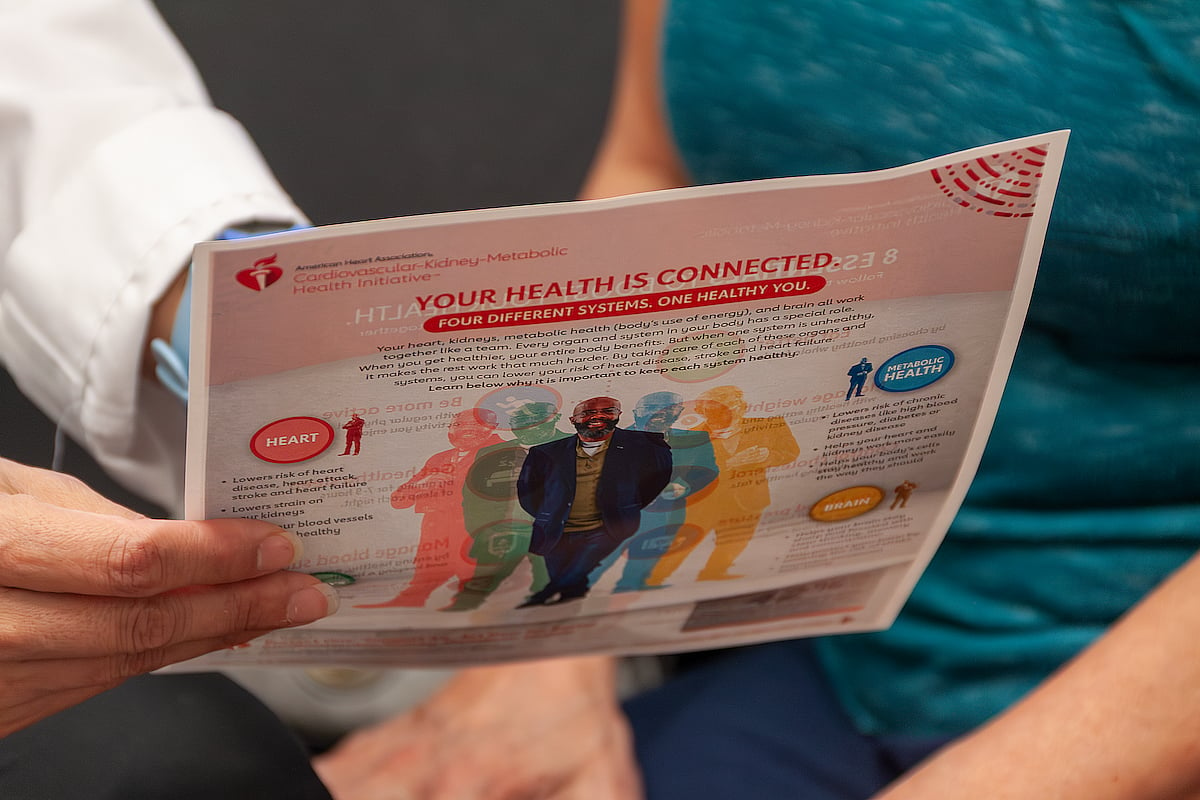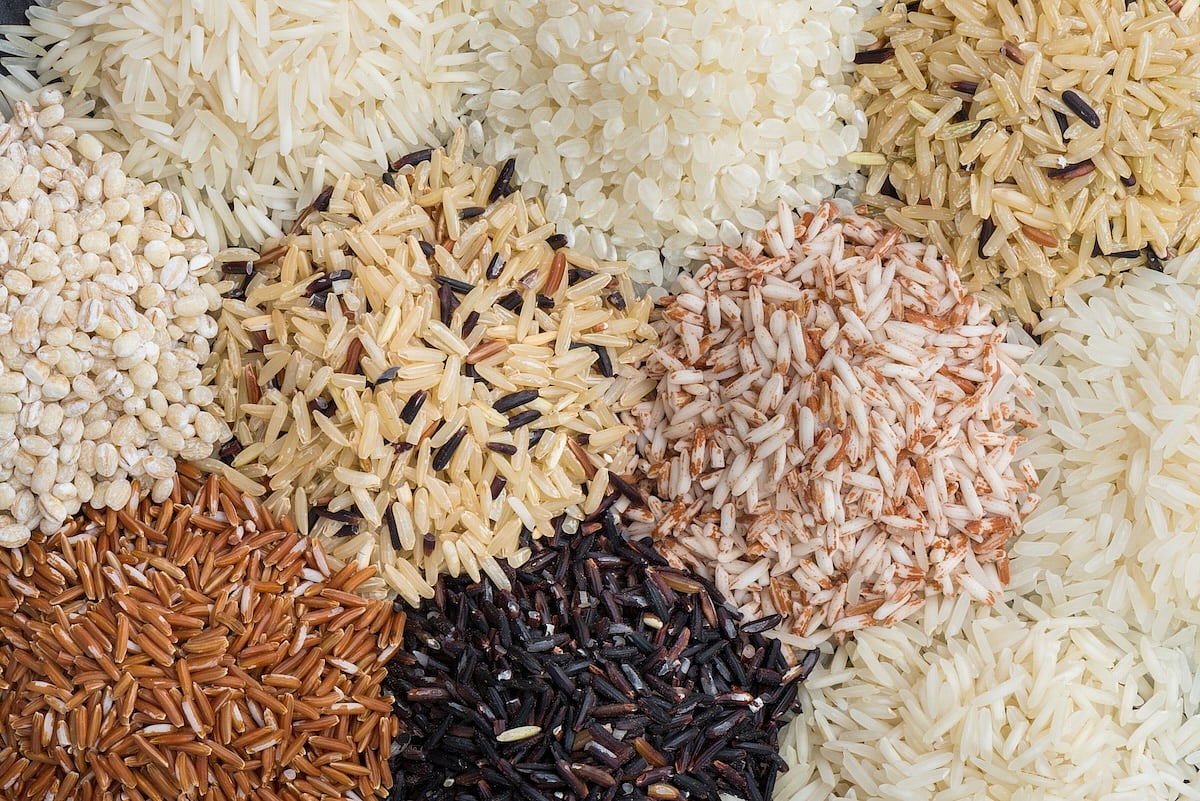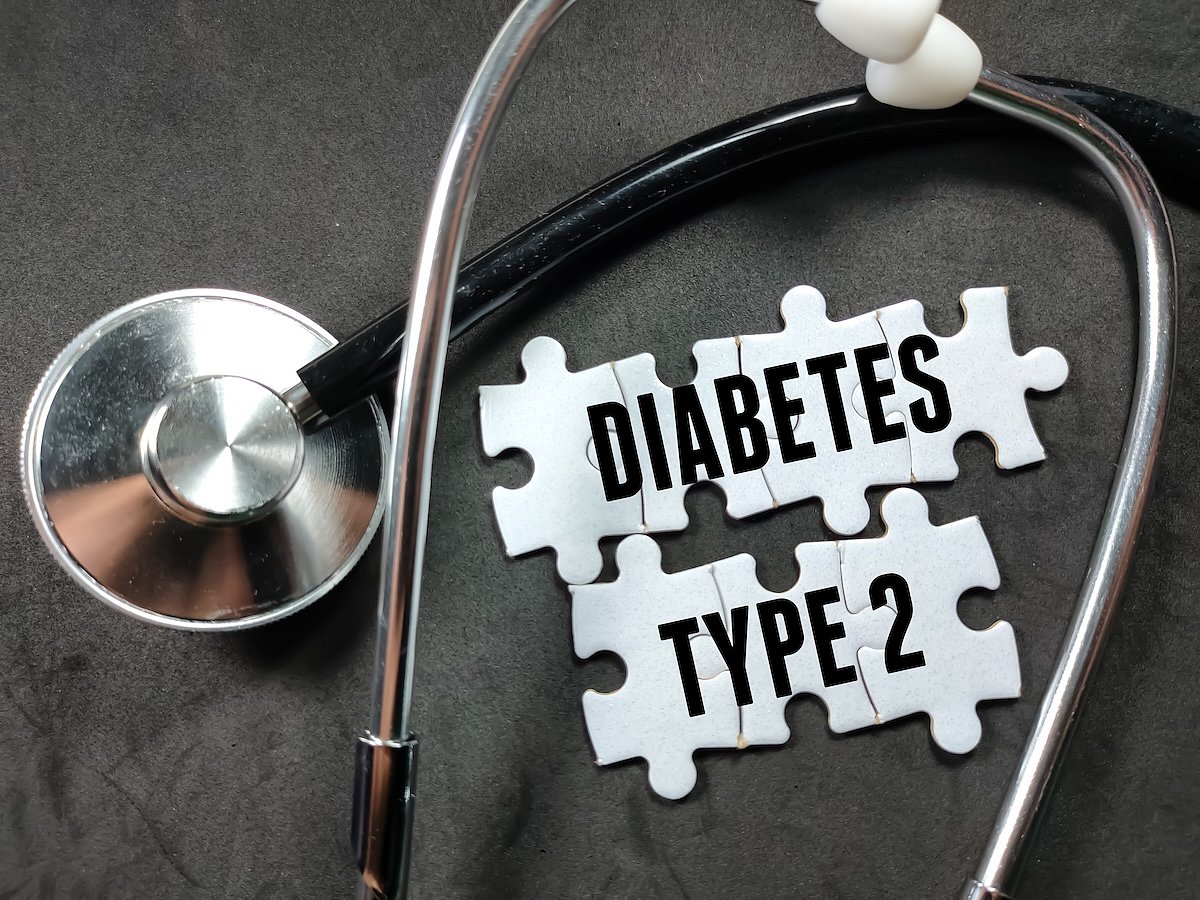
Hidden deposits of fat deep inside the abdomen and liver can quietly increase your risk of stroke and heart attack, even if you appear to have a healthy weight. Results from a new study showed that both liver fat and the visceral fat packed around internal organs increase risk for hardened and clogged arteries in… read on > read on >


















.jpg)











